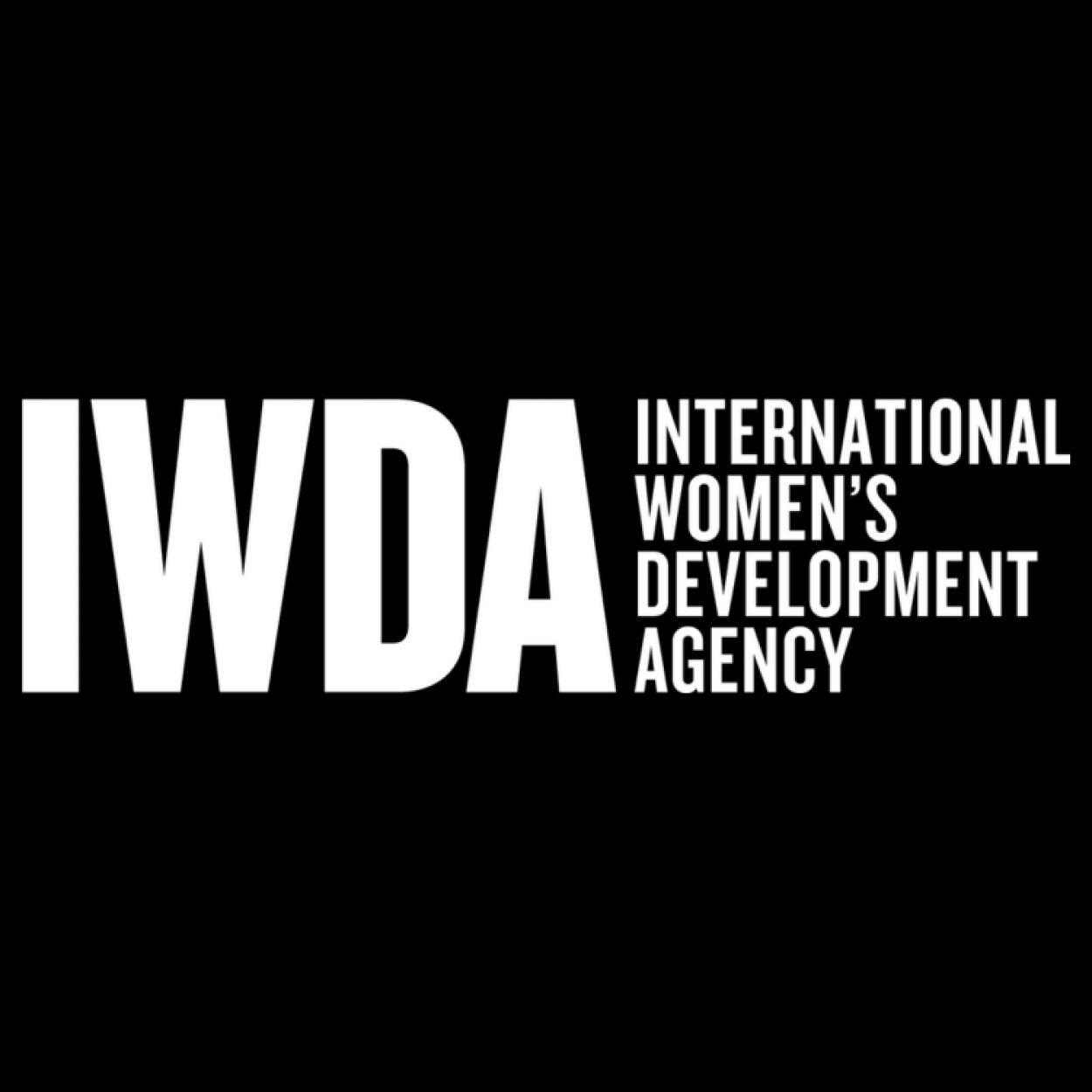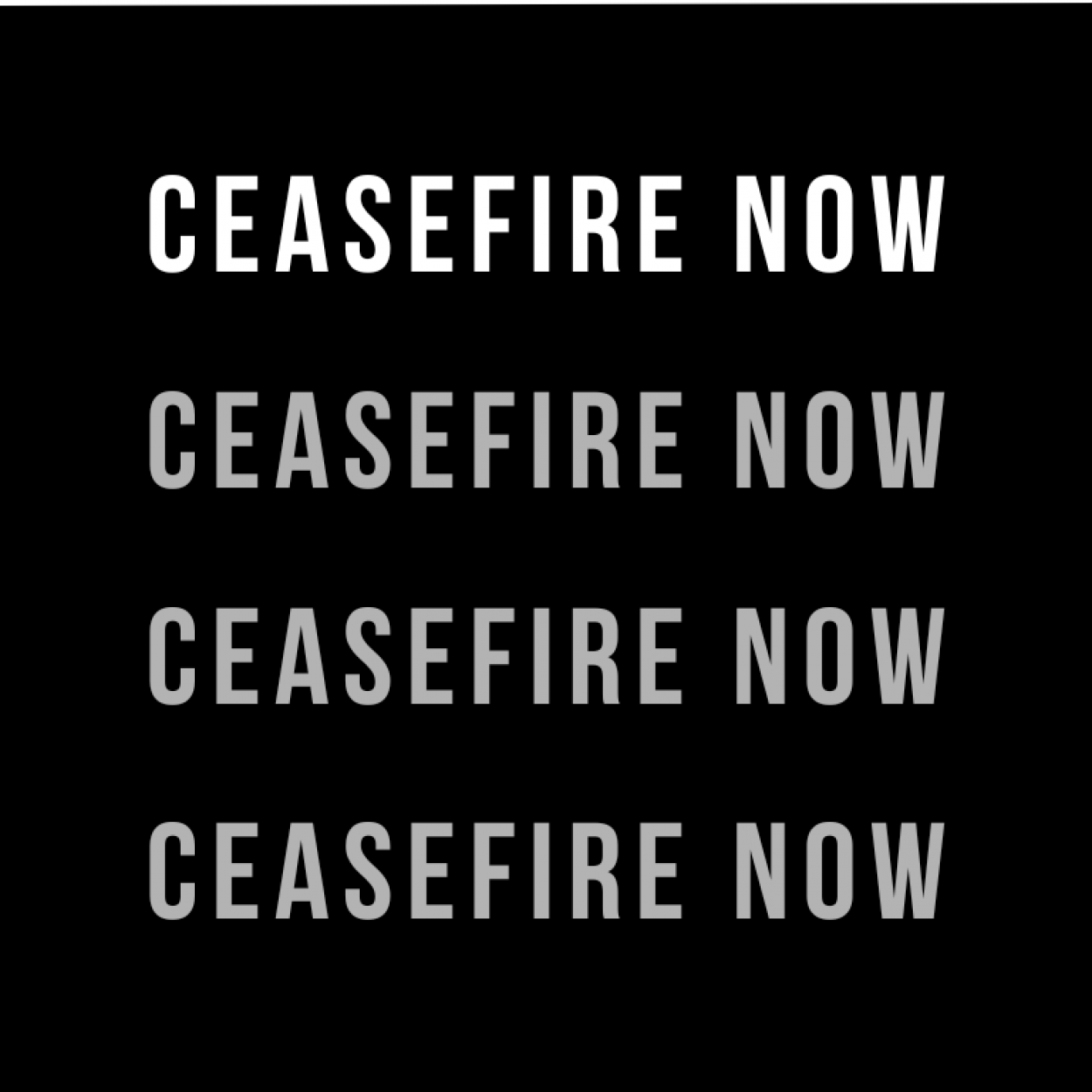
Update: Statement on Gaza and Israel from IWDA
IWDA continues to call for an immediate, permanent and unconditional ceasefire in Gaza, the safe passage of humanitarian aid, the release of all remaining hostages, and an end to the longstanding and illegal occupation of Palestinian Territories by the State of Israel.
We welcome the UN Security Council’s resolution for a temporary ceasefire in Gaza and urge Member States to fulfil their obligations in ensuring it is implemented. But a ‘pause’ to the unfolding catastrophe falls short of the permanent ceasefire required.
As a feminist organisation we stand in solidarity with global feminist movements – including Palestinian and Israeli activists – who are calling for these steps as part of a pathway to lasting and durable peace.
We support the right to self-determination of the Palestinian people and stand with those who seek a future where the humanity of all people in the region is upheld with equal regard. Anything short of this will inevitably continue the cycles of violence.
We condemn the use of sexual violence, including rape, perpetrated against Palestinian and Israeli women and girls. Reports of Israeli hostages being subjected to rape and sexualised torture by Hamas during and after the 7 October terror attacks must be investigated and the perpetrators brought to justice. Reports of sexual violence committed against Palestinians, including those in arbitrary detention, must also be investigated and brought to justice. According to UN experts, the alleged acts committed against Palestinian women and girls may constitute grave violations of international human rights law for which Israel must be held to account.
There are other gendered dimensions to the crisis that cannot be ignored. Palestinian women are facing inadequate access to sexual health and reproductive rights services, with Care International reporting that miscarriages have increased by 300% since the beginning of the conflict, and women have been forced to undergo caesarean sections without anaesthetic. Limited supply of menstrual hygiene products means women are resorting to cutting out sections of tents to substitute for period products, and limited water supplies create further risk of infection and disease. Women also face increased exposure to risks such as gender-based violence through displacement.
And gender is not synonymous with women – there are gendered dimensions for men and boys too. It is important to resist portrayals that paint only women and children as innocent victims, implying that Palestinian men are legitimate targets. This gendered and racialised portrayal feeds the perception that any man in Gaza is a danger to Israel, and devalues the lives of Palestinian men and boys.
Through IWDA’s commitment to decolonise our approach to feminism and development, we recognise that struggles for rights and liberation are interconnected. We must talk about justice for all and not justice for some. Our decolonial approach extends to solidarity with all people who have experienced forced expulsion, displacement and violence as a result of settler colonialism, including Palestinian people.
IWDA convenes the Australian Feminist Foreign Policy Coalition, a group of individuals and agencies advancing feminist foreign policy as an alternative to foreign policies grounded in coloniality and militarisation. Understanding the way global systems of power shape our world is crucial to addressing the vast power imbalance between the people of Palestine and the State of Israel. The deployment of indiscriminate military force by Israel is part of the ongoing colonial project towards Palestine. Governments committed to gender equality and feminist foreign policies should be at the forefront of calling this out.
The International Court of Justice has ordered Israel to take all measures within its power to prevent genocidal acts. We share deep concern that the indiscriminate bombardments and blockage of life-saving aid taking place are contrary to this ruling.
We join feminist movements in calling for Australia and other governments to:
- Reinstate and significantly increase humanitarian funding, and take steps to ensure it reaches women’s rights and feminist organisations on the ground. Australia should allocate $100m in additional funding to meet the immediate impacts of the crisis.
- Use all available diplomatic levers towards efforts to negotiate a permanent ceasefire, and place pressure on Israel to abide by the ICJ ruling, including implementing targeted sanctions if it fails to do so.
- Immediately suspend any military aid, military assistance, or military cooperation with Israel, including the transfer of weapon parts, to ensure compliance with obligations under the Arms Trade Treaty and in line with calls from UN experts.
We stand with feminists and peace activists around the world who are tirelessly advocating for freedom, justice and equality for all.



